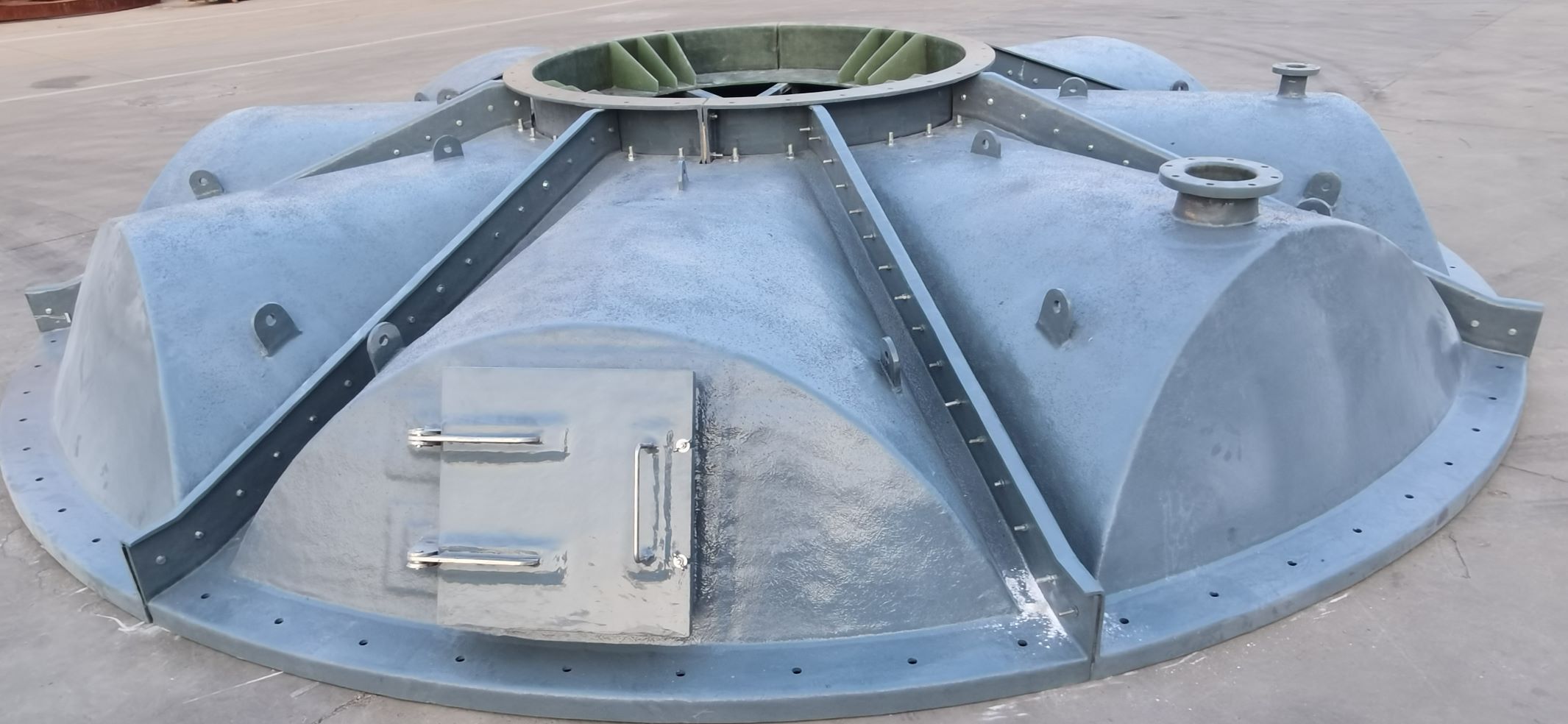
-
 Afrikaans
Afrikaans -
 Albanian
Albanian -
 Amharic
Amharic -
 Arabic
Arabic -
 Armenian
Armenian -
 Azerbaijani
Azerbaijani -
 Basque
Basque -
 Belarusian
Belarusian -
 Bengali
Bengali -
 Bosnian
Bosnian -
 Bulgarian
Bulgarian -
 Catalan
Catalan -
 Cebuano
Cebuano -
 China
China -
 China (Taiwan)
China (Taiwan) -
 Corsican
Corsican -
 Croatian
Croatian -
 Czech
Czech -
 Danish
Danish -
 Dutch
Dutch -
 English
English -
 Esperanto
Esperanto -
 Estonian
Estonian -
 Finnish
Finnish -
 French
French -
 Frisian
Frisian -
 Galician
Galician -
 Georgian
Georgian -
 German
German -
 Greek
Greek -
 Gujarati
Gujarati -
 Haitian Creole
Haitian Creole -
 hausa
hausa -
 hawaiian
hawaiian -
 Hebrew
Hebrew -
 Hindi
Hindi -
 Miao
Miao -
 Hungarian
Hungarian -
 Icelandic
Icelandic -
 igbo
igbo -
 Indonesian
Indonesian -
 irish
irish -
 Italian
Italian -
 Japanese
Japanese -
 Javanese
Javanese -
 Kannada
Kannada -
 kazakh
kazakh -
 Khmer
Khmer -
 Rwandese
Rwandese -
 Korean
Korean -
 Kurdish
Kurdish -
 Kyrgyz
Kyrgyz -
 Lao
Lao -
 Latin
Latin -
 Latvian
Latvian -
 Lithuanian
Lithuanian -
 Luxembourgish
Luxembourgish -
 Macedonian
Macedonian -
 Malgashi
Malgashi -
 Malay
Malay -
 Malayalam
Malayalam -
 Maltese
Maltese -
 Maori
Maori -
 Marathi
Marathi -
 Mongolian
Mongolian -
 Myanmar
Myanmar -
 Nepali
Nepali -
 Norwegian
Norwegian -
 Norwegian
Norwegian -
 Occitan
Occitan -
 Pashto
Pashto -
 Persian
Persian -
 Polish
Polish -
 Portuguese
Portuguese -
 Punjabi
Punjabi -
 Romanian
Romanian -
 Russian
Russian -
 Samoan
Samoan -
 Scottish Gaelic
Scottish Gaelic -
 Serbian
Serbian -
 Sesotho
Sesotho -
 Shona
Shona -
 Sindhi
Sindhi -
 Sinhala
Sinhala -
 Slovak
Slovak -
 Slovenian
Slovenian -
 Somali
Somali -
 Spanish
Spanish -
 Sundanese
Sundanese -
 Swahili
Swahili -
 Swedish
Swedish -
 Tagalog
Tagalog -
 Tajik
Tajik -
 Tamil
Tamil -
 Tatar
Tatar -
 Telugu
Telugu -
 Thai
Thai -
 Turkish
Turkish -
 Turkmen
Turkmen -
 Ukrainian
Ukrainian -
 Urdu
Urdu -
 Uighur
Uighur -
 Uzbek
Uzbek -
 Vietnamese
Vietnamese -
 Welsh
Welsh -
 Bantu
Bantu -
 Yiddish
Yiddish -
 Yoruba
Yoruba -
 Zulu
Zulu
large diameter fiberglass pipe
The Advantages of Large Diameter Fiberglass Pipes
In recent years, large diameter fiberglass pipes have gained significant traction across various industries due to their unique properties and benefits, which position them as an advantageous alternative to traditional materials like steel and concrete. These pipes, often used in water systems, sewage management, and industrial applications, bring together durability, lightweight construction, corrosion resistance, and ease of installation.
Durability and Longevity
One of the most compelling advantages of large diameter fiberglass pipes is their incredible durability. Unlike traditional materials, fiberglass pipes are highly resistant to corrosion and chemical degradation, which significantly extends their lifespan. In environments where water or wastewater carries aggressive chemicals or contaminants, fiberglass maintains its integrity longer than its rivals. Furthermore, fiberglass can withstand extreme temperatures, making it ideal for applications that experience fluctuating environmental conditions.
Lightweight and Easy to Handle
Another key benefit is the lightweight nature of fiberglass compared to traditional materials. Large diameter fiberglass pipes are significantly lighter than steel or concrete pipes, resulting in easier handling, transport, and installation. This reduction in weight not only simplifies logistics but also allows for cost savings in transportation and in the heavy machinery required for installation. Construction teams can save on labor costs and time, enabling projects to move forward more efficiently.
Corrosion Resistance
Fiberglass's inherent resistance to corrosion is a game-changer for industries dealing with waste management or aggressive substances. Traditional materials often succumb to rust and chemical reactions, which can lead to leaks, environmental disasters, and increased maintenance costs. In contrast, fiberglass does not corrode, which means less downtime and lower repair costs over the pipe's lifespan. This quality makes fiberglass pipes particularly appealing for industries such as oil and gas, chemical processing, and municipal water systems.
large diameter fiberglass pipe

Versatility in Applications
Large diameter fiberglass pipes are versatile and can be utilized in various application scenarios. They play a pivotal role in sewage systems, drainage, irrigation, and even in the oil and gas sectors. The manufacturing process allows for the production of pipes with different diameters and thicknesses, catering to diverse project requirements. This adaptability means that engineers can design customized solutions for unique challenges, ensuring performance and efficiency across the board.
Reduced Maintenance Needs
Maintenance is a significant concern for any pipeline infrastructure. The less frequently a pipe needs maintenance, the lower the overall cost of ownership. Because large diameter fiberglass pipes are resistant to corrosion and have fewer issues with leaks, they require less frequent inspections and maintenance. This factor is particularly beneficial for municipalities and industries where budget constraints are a significant concern.
Cost-Effectiveness
While the initial cost of purchasing fiberglass pipes can be higher than that of traditional materials, the long-term benefits often outweigh the initial investment. The combination of lower maintenance, longer lifespan, and reduced installation costs leads to substantial savings over time. Organizations focusing on sustainability and environmental responsibility find that the lower overall life cycle cost of fiberglass pipes aligns with their goals.
Conclusion
In conclusion, large diameter fiberglass pipes represent a robust solution for modern infrastructure needs. With their durability, lightweight design, corrosion resistance, versatility in application, reduced maintenance requirements, and long-term cost-effectiveness, they stand out as an innovative alternative to conventional piping materials. As industries continue to prioritize efficiency and sustainability, the adoption of large diameter fiberglass pipes is likely to increase, paving the way for more resilient and reliable infrastructure in the years to come. Their ability to meet stringent performance standards while promoting environmental stewardship makes them a vital component of contemporary engineering solutions.









